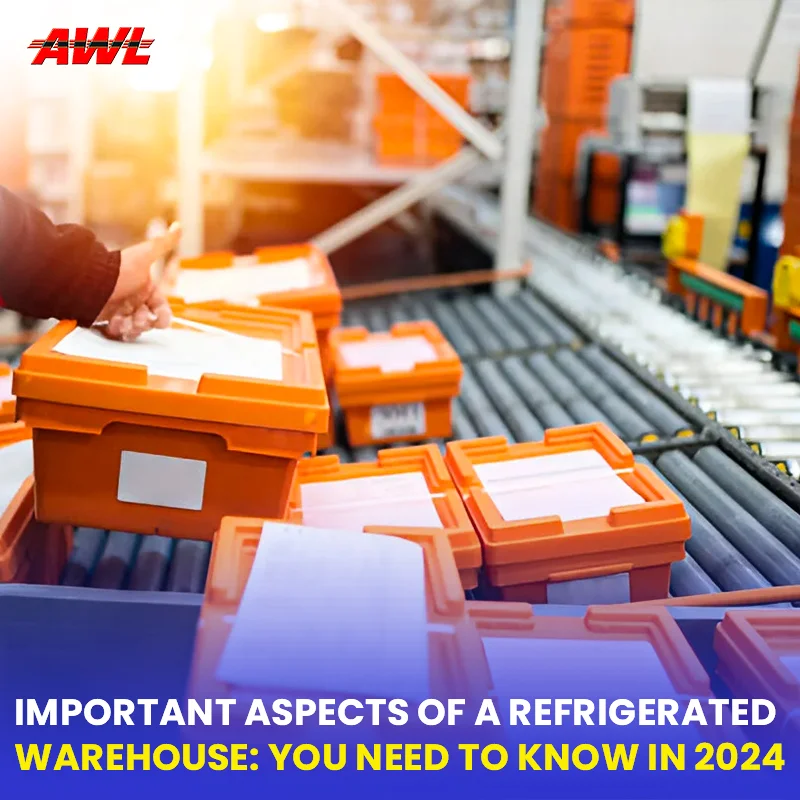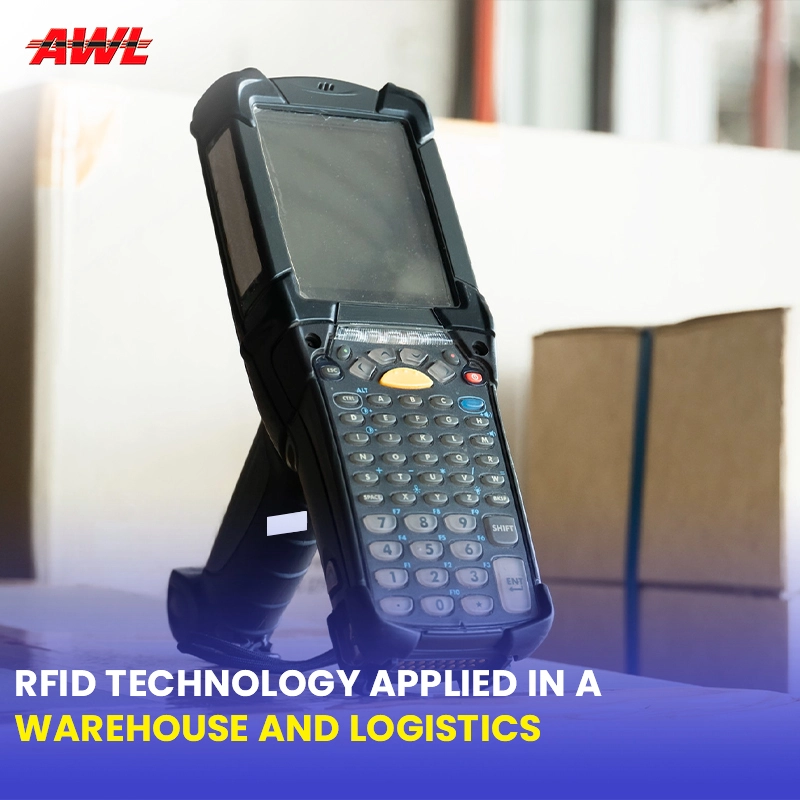

In 2024, the demand for efficient and reliable cold storage solutions continues to grow, driven by the need to preserve the quality and safety of perishable goods. A refrigerated warehouse, also known as a cold storage warehouse, is a critical component of the supply chain for industries such as food and beverages, pharmaceuticals, and chemicals. As one of the top cold storage companies in India, AWL India understands the intricacies of managing refrigerated warehouses to meet the evolving needs of businesses. This blog explores the important aspects of a refrigerated warehouse and how AWL India is setting the standard for excellence in cold storage solutions.
Understanding the key aspects of a refrigeration warehouse is crucial for maintaining the integrity of perishable goods. These aspects include temperature control, humidity management, energy efficiency, safety, automation, inventory management, and strategic location. Addressing these factors ensures optimal storage conditions and efficient supply chain operations.
Maintaining precise temperature control is the cornerstone of a refrigerated warehouse. Different products require different temperature ranges to preserve their quality and safety. For instance, fresh produce, dairy products, and pharmaceuticals each have specific temperature requirements. A slight deviation can compromise product integrity, leading to significant losses. AWL India's refrigerated warehouses are equipped with advanced temperature monitoring and control systems. These systems ensure that the temperature remains consistent and within the required range, providing a reliable environment for all types of perishable goods.
Alongside temperature control, managing humidity levels is crucial in a refrigerated warehouse. Excessive humidity can cause flat growth, spoilage, and degradation of product quality. Conversely, too little humidity can lead to dehydration and spoilage of certain goods. AWL India employs state-of-the-art humidity control systems to maintain optimal humidity levels. This ensures that products are stored in the best possible conditions, preserving their quality and extending their shelf life.
Refrigerated warehouses consume a significant amount of energy to maintain the necessary environmental conditions. High energy consumption not only increases operational costs but also impacts the environment. AWL India focuses on energy-efficient practices, incorporating advanced insulation materials, energy-efficient cooling systems, and renewable energy sources. By optimizing energy usage, AWL India reduces operational costs and minimizes the environmental footprint of their refrigerated warehouses.
Safety and regulatory compliance are paramount in the operation of refrigerated warehouses. These facilities must adhere to stringent guidelines to ensure the safety of stored products and the well-being of workers. Compliance with food safety standards, pharmaceutical regulations, and chemical handling protocols is essential. AWL India ensures that all their refrigerated warehouses comply with national and international safety standards. Regular audits, employee training, and stringent safety protocols are implemented to maintain high standards of safety and compliance.
Warehouse automation plays a critical role in enhancing the efficiency and accuracy of operations in refrigerated warehouses. Automated systems can handle tasks such as inventory management, order picking, and product tracking more efficiently than manual processes. As a leader in warehouse automation, AWL India integrates cutting-edge automation technologies into their refrigerated warehouses. This includes automated storage and retrieval systems (AS/RS), robotics, and IoT-enabled sensors, which streamline operations and reduce the risk of human error.
Effective inventory management is essential to ensure that products are stored, tracked, and retrieved efficiently. Poor inventory management can lead to stockouts, overstocking, and wastage. AWL India's advanced inventory management systems provide real-time visibility and control over inventory levels. By using sophisticated software and tracking technologies, AWL India ensures accurate and efficient inventory management in their refrigerated warehouses.
The location of a refrigerated warehouse is a crucial factor that impacts the efficiency of the supply chain. Proximity to production sites, distribution centers, and transportation hubs can significantly reduce transit times and costs. AWL India's refrigerated warehouses are strategically located near major production and distribution centers, as well as transportation hubs. This strategic positioning enhances the efficiency of the supply chain, ensuring timely delivery of products to the market.
Refrigerated warehouses are a vital component of the supply chain for industries dealing with perishable goods. Understanding the key aspects of these facilities, such as temperature control, humidity management, energy efficiency, safety, automation, inventory management, and strategic location, is essential for maintaining product quality and operational efficiency. AWL India, as one of the top cold storage companies in India, excels in providing state-of-the-art refrigerated warehouses that meet the diverse needs of businesses. By leveraging advanced technologies and implementing best practices, AWL India ensures that their cold storage warehouses offer the highest standards of quality, safety, and efficiency. For businesses seeking reliable and efficient cold storage solutions, AWL India stands out as a trusted partner, delivering innovative and customized refrigerated warehouse solutions to meet the demands of 2024 and beyond.
1. What is a refrigerated warehouse?
A refrigerated warehouse is a facility designed to store perishable goods at controlled temperatures to preserve their quality and safety. These warehouses are essential for industries such as food and beverages, pharmaceuticals, and chemicals.
2. Why is temperature control important in a refrigerated warehouse?
Temperature control is crucial in a refrigerated warehouse to ensure that perishable goods are stored at the appropriate temperatures. Proper temperature control prevents spoilage, extends shelf life, and maintains product quality.
3. How does AWL India ensure energy efficiency in its refrigerated warehouses?
AWL India ensures energy efficiency by using advanced insulation materials, energy-efficient cooling systems, and renewable energy sources. These measures reduce operational costs and minimize the environmental impact of their refrigerated warehouses.
4. What role does automation play in AWL India's refrigerated warehouses?
Automation enhances the efficiency and accuracy of operations in AWL India's refrigerated warehouses. Automated systems handle tasks such as inventory management, order picking, and product tracking, reducing the risk of human error and streamlining processes.
5. How does AWL India ensure compliance with safety and regulatory standards?
AWL India ensures compliance with safety and regulatory standards through regular audits, employee training, and stringent safety protocols. Their refrigerated warehouses adhere to national and international guidelines, ensuring the safety of stored products and the well-being of workers.

